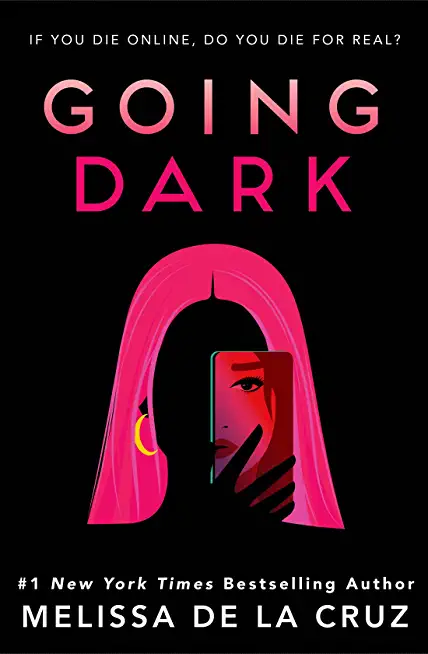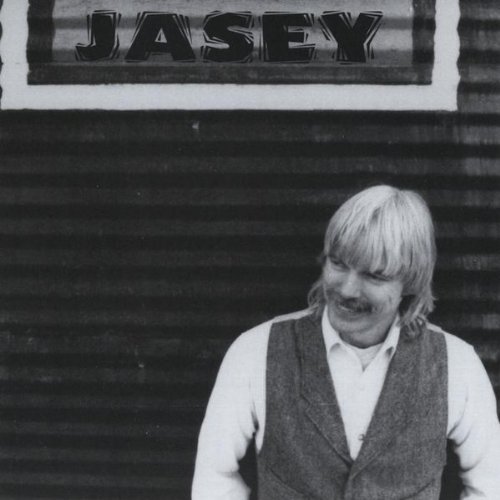
description
of both our political culture and those who rage against it, The Book of Ayn follows a writer from New York to Los Angeles to Lesbos as she searches for artistic and spiritual fulfillment in radical selfishness, altruism, and ego-death After writing a satirical novel that The New York Times calls classist, Anna is shunned by the literary establishment and, in her hurt, radicalized by the philosophy of Ayn Rand. Determined to follow Rand's theory of rational selfishness, Anna alienates herself from the scene and eventually her friends and family. Finally, in true Randian style, she abandons everyone for the boundless horizons of Los Angeles, hoping to make a TV show about her beloved muse. Things look better in Hollywood--until the money starts running out, and with it Anna's faith in the virtue of selfishness. When a death in the family sends her running back to New York and then spiraling at her mother's house, Anna is offered a different kind of opportunity. A chance to kill the ego causing her pain at a mysterious commune on the island of Lesbos. The second half of Anna's odyssey finds her exploring a very different kind of freedom - communal love, communal toilets - and a new perspective on Ayn Rand that could bring Anna back home to herself. "A gimlet-eyed satirist of the cultural morasses and political impasses of our times" (Alexandra Kleeman), Lexi Freiman speaks in The Book of Ayn not only to a particular millennial loneliness, but also to a timeless existential predicament: the strangeness, absurdity, and hilarity of seeking meaning in the modern world.
member goods
No member items were found under this heading.
Return Policy
All sales are final
Shipping
No special shipping considerations available.
Shipping fees determined at checkout.







